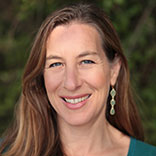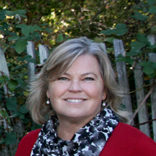FOR IMMEDIATE RELEASE
Media Contact:
Tara DiMilia, 908-947-0500, tara.dimilia@TMstrat.com
Citizen-Scientist Study is First to Find Ticks Capable of Carrying Lyme Disease in 83 U.S. Counties Where Previously Undetected
Study Validates Citizen Participation as Viable Method for Health Agencies to Evaluate Tick-borne Disease Risk
PORTOLA VALLEY, CA, July 12, 2018 — Bay Area Lyme Foundation, a leading nonprofit funder of innovative Lyme disease research in the U.S., today announced the results of the first citizen-scientist study to evaluate the prevalence of disease-carrying ticks throughout the United States. Conducted through a partnership with Northern Arizona University and Colorado State University and published in the peer-review journal PLOS ONE, the study is based on a massive sample of more than 16,000 ticks collected from 49 U.S. states and Puerto Rico. The study found ticks capable of carrying Lyme and other tick-borne diseases in 83 counties (in 24 states) where these ticks had not been previously recorded. The program received a six-fold increase in tick submissions over initial estimates, representing unprecedented national coordination of a ‘citizen science’ effort and diagnostic investigation.
“Identifying geographic patterns of tick-human contact provides valuable insight that may help public health officials, patients and physicians become more vigilant about Lyme disease, increasing early diagnosis,” stated Linda Giampa, executive director at Bay Area Lyme Foundation. “Based on these findings, it is critical that residents throughout the country take precautions and know the symptoms of tick-borne infections, even in areas where ticks have not previously been shown to cause disease.”
 The following is a guest post by one of our esteemed Advisory Board members,
The following is a guest post by one of our esteemed Advisory Board members, 